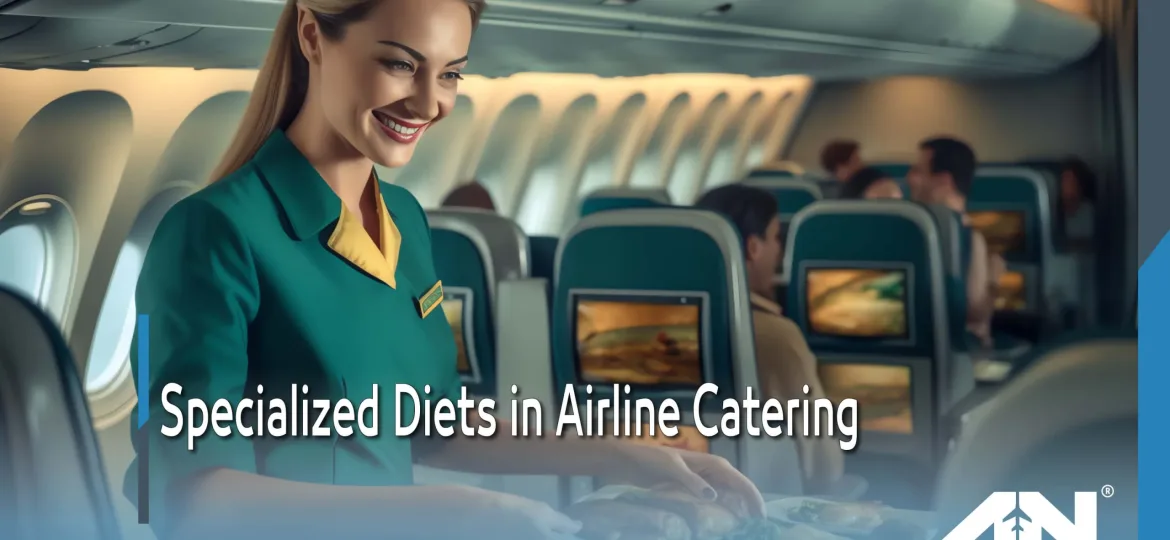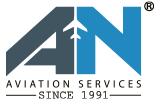
In the world of aviation, the dining experience has evolved significantly since the early days of meager offerings. Today, flight meals are a critical component of air travel, offering passengers a taste of luxury at 35,000 feet. Behind this culinary experience lies a complex supply chain, where airline catering companies play an important role in ensuring that diverse dietary needs are met.
In this blog post, we will dive into the intricacies of aviation catering, exploring the challenges, innovations, and the delicate balance between culinary delight and dietary requirements.
TYPES OF DIETARY REQUIREMENTS
GENERAL DIETARY PREFERENCES:
Airline food caters to a myriad of general dietary preferences. From vegetarian and vegan options to religious considerations, the modern airline recognizes the importance of offering choices that suit diverse palates.
ALLERGIES AND RESTRICTIONS:
The aviation industry is acutely aware of the prevalence of allergies. Catering facilities diligently handle requests for gluten-free, nut-free, and other allergen-free meals, recognizing the need for accurate allergy information to ensure passenger safety.
MEDICAL AND HEALTH CONSIDERATIONS:
For passengers with specific medical conditions, airlines have refined their food production processes. Whether it’s a low-sodium meal for cardiovascular health or specialized nutrition for long-haul flights, the aviation catering industry addresses various health considerations.
CHALLENGES IN AVIATION CATERING
1- LOGISTICS OF PROVIDING SPECIALIZED MEALS:
The logistics of delivering specialized meals on every flight are challenging. Catering companies must manage the supply chain efficiently to ensure a seamless in-flight dining experience for passengers with unique dietary requirements.
2- COMMUNICATION AND COORDINATION:
Clear communication between passengers, catering facilities, and flight attendants is vital. Coordination is key, and pre-order systems have become increasingly common to streamline the process and avoid any miscommunication.
THE APPROACH OF AIRLINE CATERING COMPANIES
Airline catering companies have integrated their services with broader ground handling, recognizing the importance of a cohesive approach to passenger experience.
These companies have developed protocols for handling dietary restrictions. Collaborating with medical professionals, they ensure that meals meet specific health criteria without compromising on taste.
HOW TO CATER FOR ALLERGIES ONBOARD
Catering for allergies onboard is a critical aspect of ensuring passenger safety and satisfaction during air travel. Here’s a straightforward guide on how airlines manage and address allergies:
1. COMPREHENSIVE PASSENGER COMMUNICATION:
- Airlines encourage passengers to communicate their allergies during the booking process.
- Clear communication channels are established for passengers to inform the airline of specific allergens or dietary restrictions.
2. PRE-ORDERING MEALS:
- Passengers with allergies are often encouraged to pre-order their meals.
- Pre-ordering allows catering facilities to prepare specialized meals tailored to individual dietary needs, minimizing the risk of cross-contamination.
3. ALLERGEN-FREE OPTIONS:
- Airlines offer a range of allergen-free meal options, such as gluten-free, nut-free, or dairy-free meals.
- These options are carefully prepared in dedicated kitchens to avoid any contact with allergens.
4. CLEAR LABELING AND PACKAGING:
- Allergen-containing ingredients are clearly labeled on in-flight menus.
- Meals are individually packaged with clear allergen information, enabling passengers to make informed choices.
5. TRAINING FOR FLIGHT CREW:
- Flight attendants undergo training to recognize and address allergic reactions.
- They are knowledgeable about the specific meals on board, enabling them to assist passengers with allergy concerns.
6. COLLABORATION WITH CATERING FACILITIES:
- Airlines work closely with catering facilities to ensure that they adhere to strict protocols for handling allergens.
- Separate workspaces and utensils are designated for the preparation of allergen-free meals.
CONCLUSION
As we traverse the skies, the aviation industry’s commitment to enhancing the dining experience remains unwavering. From business class indulgences to the careful consideration of dietary requirements, airlines and catering companies continue to shape the future of in-flight dining.
As technology advances and the demand for healthier, more sustainable options grows, the journey through the clouds promises not only breathtaking views but a culinary adventure that caters to the diverse tastes and needs of every passenger.

